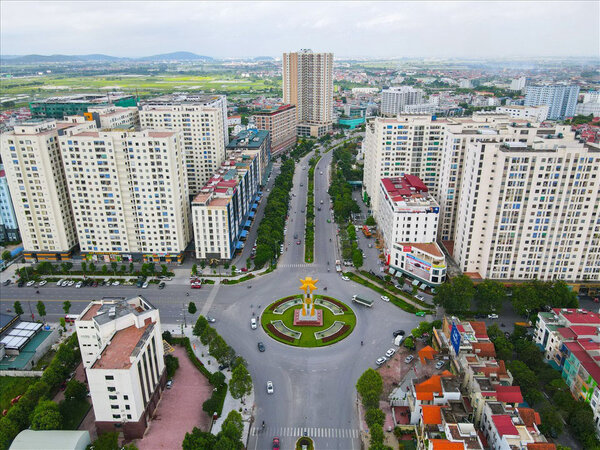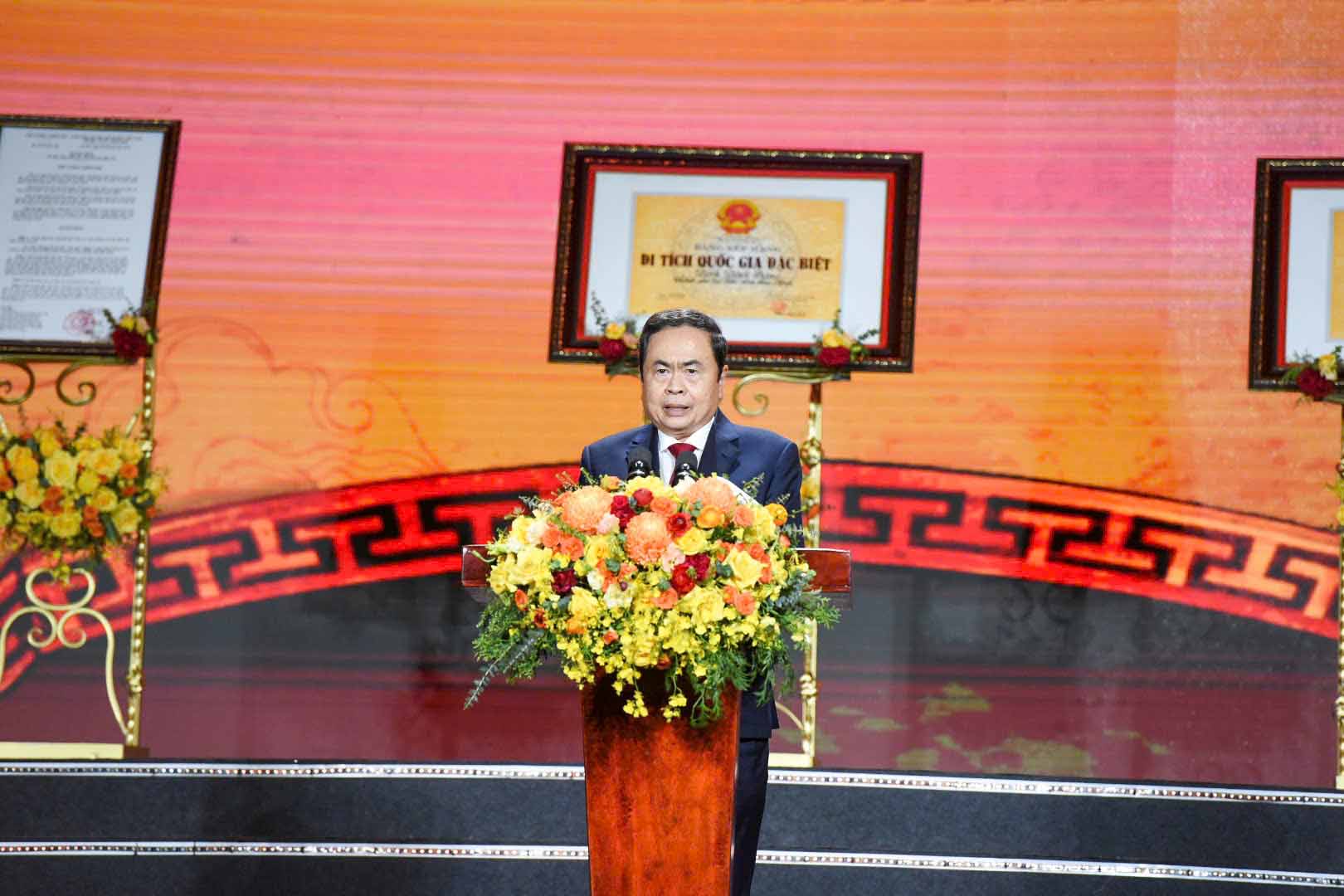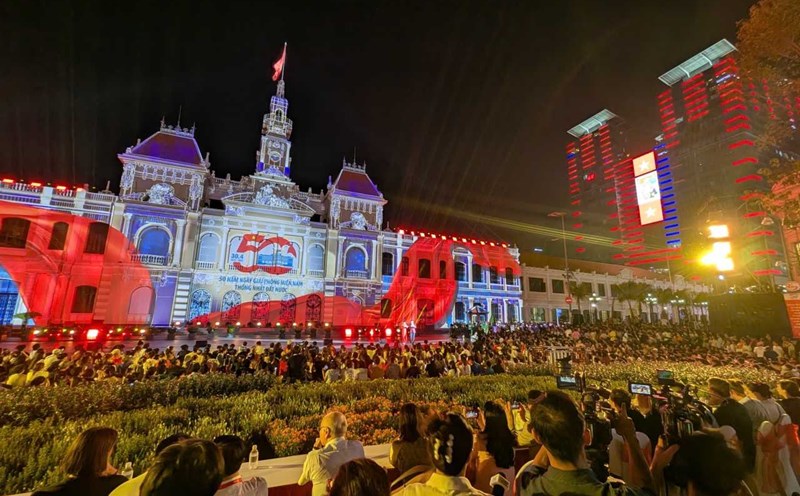After the merger, the economic scale is 5th in the country
Currently, the authorities are collecting public opinions on the draft Project to reorganize Bac Ninh and Bac Giang provinces.
According to the Project, after 28 years, separating from Ha Bac province, in recent years, both Bac Giang and Bac Ninh provinces have had very strong economic - social development, industry, commercial services, improving the quality of people's lives.
In 2024, Bac Ninh province's gross regional domestic product (GRDP) reached 232.8 trillion VND. GRDP growth rate reached 6.03%. The average GRDP per capita in 2024 of Bac Ninh province is estimated at 150.5 million VND/person (equivalent to 6,010 USD/person), 1.3 times higher than the national average.
The economic structure shifted in a positive direction, the Industrial and Construction sector accounted for 70.3%; the Service sector accounted for 22.34%; the Agriculture, Forestry and Fishery sector accounted for 3.02%; Product tax minus product subsidies was 4.34%.
State budget revenue reached VND 33,169 billion. Local budget expenditure is VND 21,046 billion. Total import-export turnover is estimated at 75.9 billion USD.

The Prime Minister has also approved the development plan for Bac Ninh to become a centrally-governed city in the Decision dated August 22, 2024, so it needs to expand development space.
Meanwhile, Bac Giang province has been considered an "economic star" in recent years. This locality leads the country's economic growth in 2024 and the first quarter of 2025, with a growth rate of over 13%.
Bac Giang has a natural area of 3,895.89 km2, population of 2,057,918 people.
In 2024, Bac Giang's GRDP will reach 207 trillion VND; the economic growth rate (GRDP) will reach 13.87%, leading the country. GRDP per capita is 4,370 USD. The economic structure shifted towards increasing the proportion of industry; of which industry - construction accounted for 67.5%; services accounted for 20.7%; agriculture, forestry and fishery accounted for 11.8%.
State budget revenue reached VND 20,699.5 billion. Total export turnover reached 60 billion USD. Up to now, the whole province has 16 IPs and 55 IPs established, with a total area of 6,013 hectares, creating jobs for 342,000 workers, of which about 90,000 workers are from outside the province, so there is still a lot of room for industrial, urban, and service development...
Thus, after merging Bac Ninh and Bac Giang, the (new) Bac Ninh province will have an economic scale of 439.8 trillion VND, ranking 5th in the country, after the localities: Ho Chi Minh City, Hanoi, Hai Phong and Dong Nai.
Bac Ninh will have a great role and position
This assessment was made by Permanent Deputy Prime Minister Nguyen Hoa Binh at the meeting with voters of Hiep Hoa district (Bac Giang) on the afternoon of April 16.
The Permanent Deputy Prime Minister said that after the merger, the new Bac Ninh province will have a very large role and position, the economic scale will rank 5th in the country, with a population of about 3.5 million people, an area of over 4,700 km2, and at the same time, it is planned that by 2030, the new Bac Ninh will become a smart city, a centrally-run city.
Therefore, the new Bac Ninh province will have a lot of room for development, there will be large projects such as Gia Binh airport, highways, industrial parks...
Speaking at the 1015th Anniversary of the coronation of King Ly Thai To (Ly Cong Uan) in Tu Son City (Bac Ninh) on the evening of April 13, National Assembly Chairman Tran Thanh Man also assessed that the merger will help Bac Ninh province make the most of its development potential.

"The merger and expansion of administrative boundaries will help Bac Ninh expand its economic scale, increase competitiveness, attract investment and make the most of its development potential, create more momentum for socio-economic development, ensure national defense and security, build a clean and strong political system, improve the material and spiritual life of the people.
At the same time, it creates new space for promoting the value of the province's cultural heritages," National Assembly Chairman Tran Thanh Man assessed.










